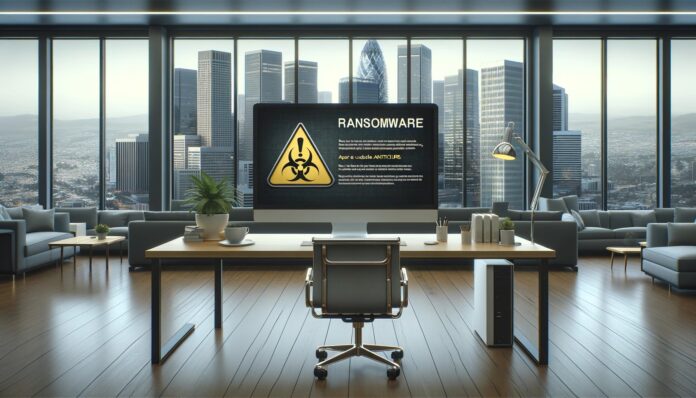
Cisco, a global leader in networking equipment, has recently fallen victim to a sophisticated cyberattack, where sensitive data from its active directory environments was stolen, posted on the dark web, and potentially sold to interested parties. The attack has raised serious concerns about the security of the company’s operations and the potential long-term impact on its reputation.
The notorious Kraken ransomware gang has taken responsibility for the breach, claiming they had access to Cisco’s sensitive environments for several months. During this period, the hackers reportedly accessed critical data, including passwords, research and development information, and other proprietary details.
According to information provided by Cybersecurity Insiders, the stolen data included usernames, security identifiers, password hashes, financial information, and even some employee-related data. A dataset containing a mixture of these types of data was available on the dark web until the previous Friday, further heightening the severity of the incident.
However, Cisco’s internal security team, Cisco Talos, has since clarified that the leaked data is actually a result of an older cyber incident dating back to May 2022. They confirmed that their current networks are safe, with no evidence of any ongoing network infiltration. While this disclosure has provided some reassurance, the incident still highlights the persistent risks that organizations face in the ever-evolving landscape of cyber threats.
The news of the breach surfaced at a particularly sensitive time for Cisco, as the company had just announced its acquisition of SnapAttack, a threat detection platform aimed at enhancing Cisco’s security capabilities. This acquisition is expected to strengthen the Cisco Splunk business, accelerating its organic threat detection capabilities. However, the timing of the attack raises concerns about the company’s ability to maintain customer trust and the potential impact on future deals.
In the wake of such an attack, companies risk significant damage to their reputation. Cybersecurity breaches can erode trust among customers, partners, and other stakeholders, while also providing competitors with an opportunity to capitalize on the situation. This breach serves as a reminder of how vulnerable even the most established companies can be to cyber threats, and how the repercussions of such incidents can extend far beyond the immediate damage to the organization’s security.
Ad
Join over 500,000 cybersecurity professionals in our LinkedIn group “Information Security Community”!
